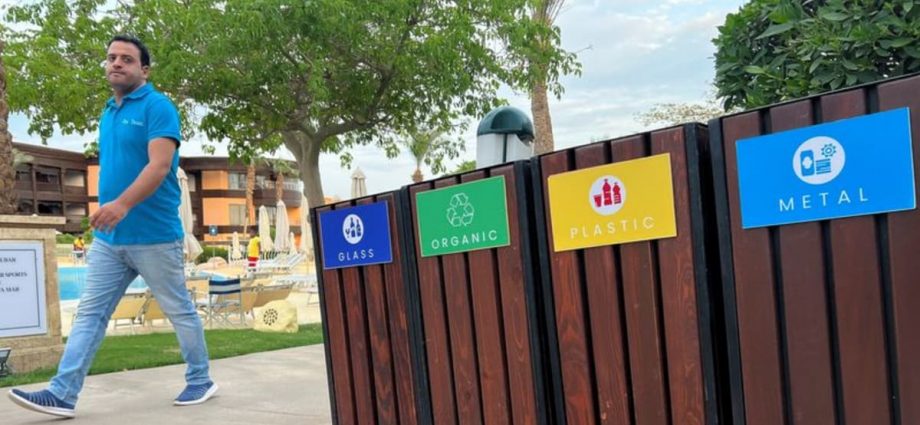
SHANGHAI: Rich countries must move on from “empty slogans” when it comes to climate change and make progress in meeting funding commitments, a Chinese official said on Thursday (Oct 27) ahead of a new round of global climate talks in Egypt next month.
“It is important to put forward targets, but it is equally important, even more important, to turn targets into actions,” said Li Gao, head of the climate change office at China’s Ministry of Ecology and Environment.
The latest round of global climate talks are set to begin in Egypt’s Sharm el-Sheik on Nov 6, and Li told a media briefing in Beijing that countries need to show “real ambition” at the meeting, known as COP27.
Rich countries pledged in 2009 to provide US$100 billion a year by 2020 to help developing countries adapt to climate change, and Li said the delay in doing so has “seriously hindered” progress and damaged “mutual trust”.
“We urge developed countries to fulfil their annual funding commitments of US$100 billion as soon as possible, instead of merely submitting a report to COP27 making excuses for the delay,” he said.
Last year, China pledged to bring greenhouse gas emissions to a peak by 2030 and to become “carbon neutral” by 2060, but it has been criticised for not acting faster to cut coal consumption, which is still rising.
Experts say Beijing is unlikely to make fresh pledges ahead of this year’s round of talks, especially amid diplomatic tensions with the United States over Taiwan and other issues.
Li urged countries to stop politicising climate change, warning that the suppression of China’s solar panel industry was hurting the global switch to clean energy.
The United States has banned imports of solar products with links to the north-western Chinese region of Xinjiang, a major producer of polysilicon, a key solar component. China has been accused of using forced labour in Xinjiang, which it vehemently denies.
Li also described European plans to impose carbon tariffs on exports from China and elsewhere as “morally untenable”.
“We oppose any form of trade or technological barrier established in the name of climate change,” he said.

